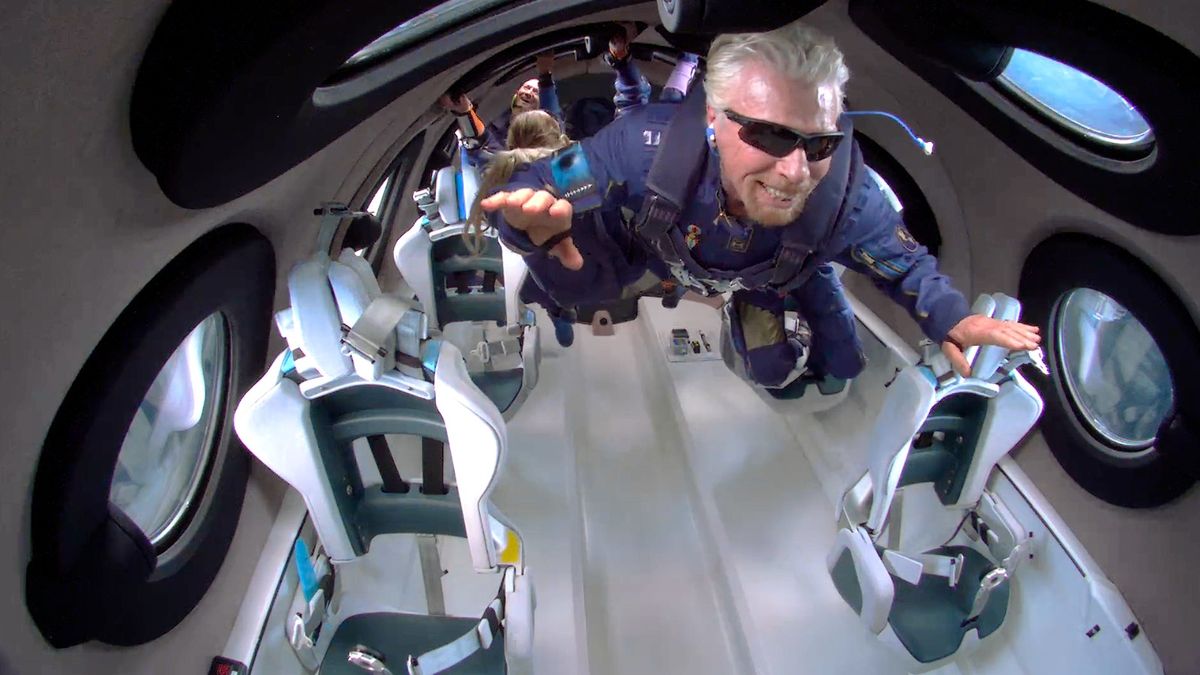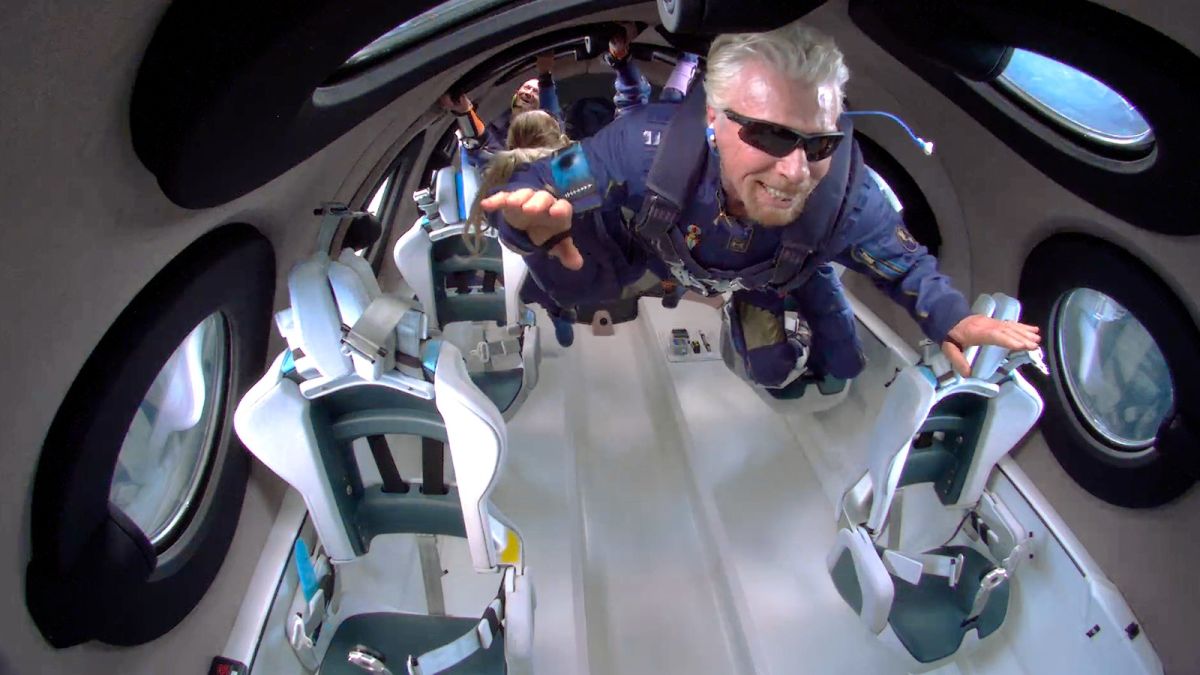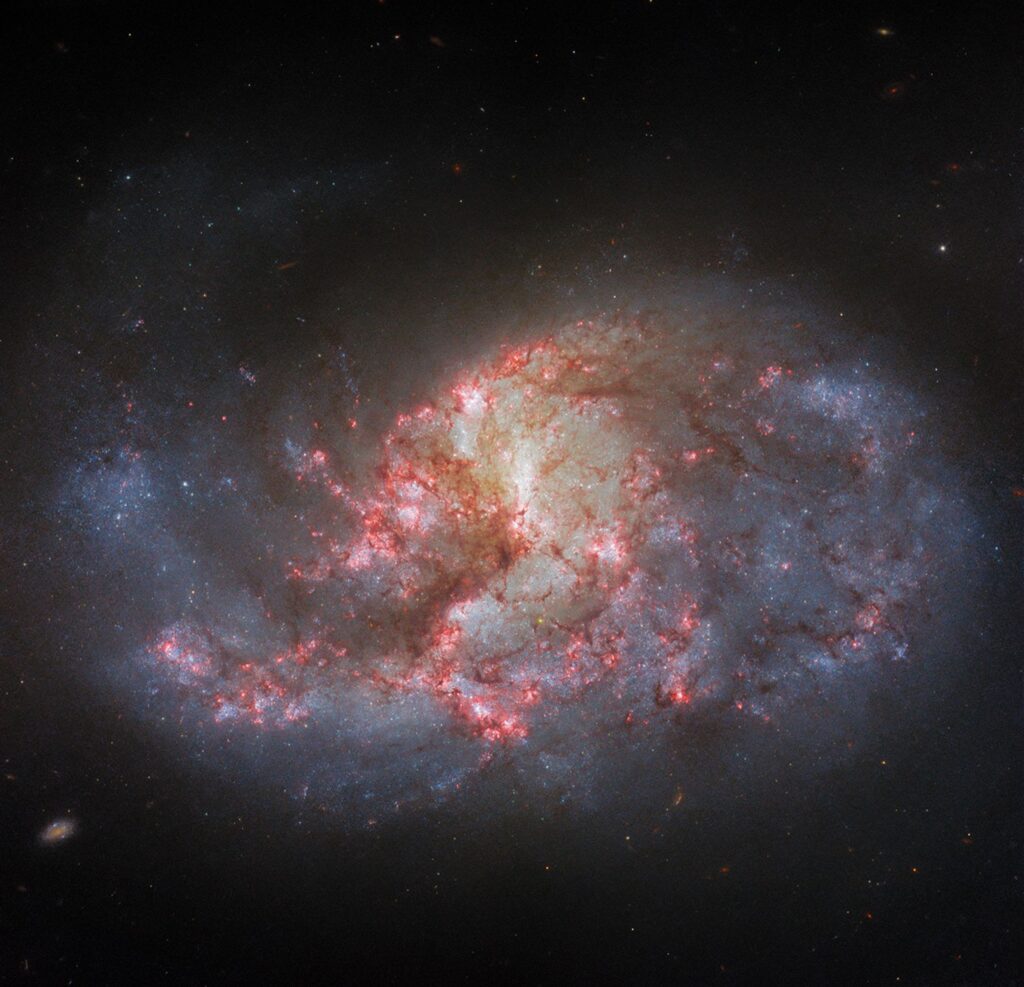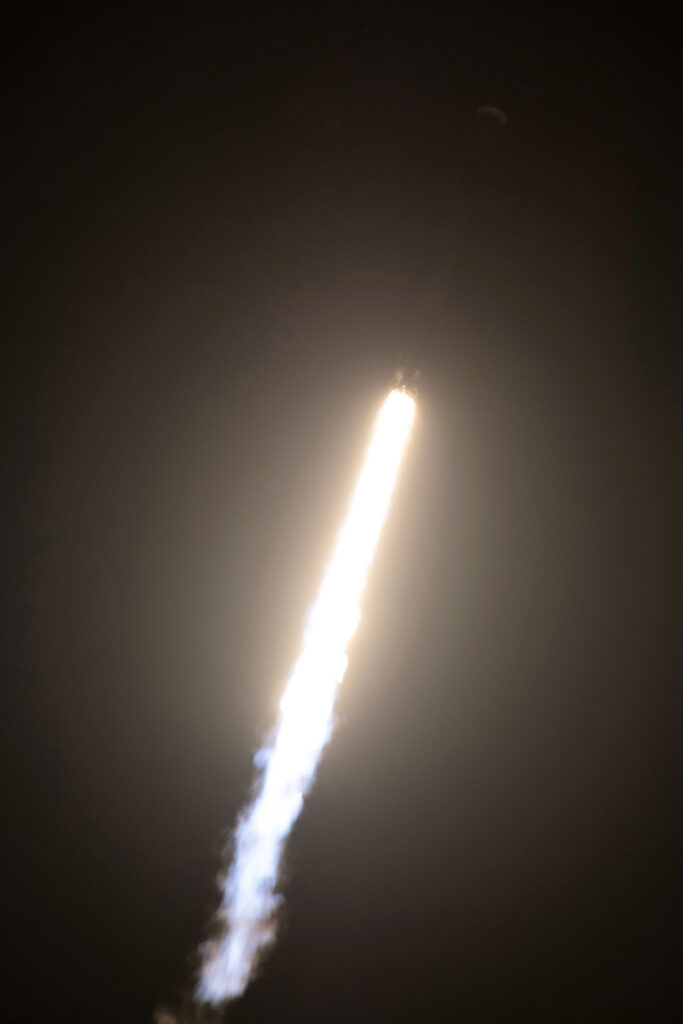
The Arizona aerospace industry is getting a big boost.
Suborbital space tourism provider Virgin Galactic announced Thursday (July 14) that it will build its next-generation Delta class space planes at a manufacturing facility in Mesa, a suburb of Phoenix.
The company, which just last week announced a deal to build a new set of carrier planes for the Delta spaceships, said that the newly leased facility could produce up to six spaceships a year and will bring hundreds of jobs to the area.
Construction is underway on the facility, which is adjacent to the Phoenix-Mesa Gateway Airport, and it should be ready to go in 2023, Virgin Galactic said in a statement on Thursday (opens in new tab). The statement did not disclose the lease terms, lease manager or the square footage of the facility.
In photos: Virgin Galactic’s 1st fully crewed spaceflight with Richard Branson
“Our spaceship final assembly factory is key to accelerating the production of our Delta fleet, enabling a rapid increase in flight capacity that will drive our revenue growth,” Virgin Galactic CEO Michael Colglazier said in the statement.
Virgin Galactic aims to ultimately launch up to 400 suborbital missions per year using two new motherships and its growing fleet of Delta space planes. The new planes are expected to begin service in 2025 with “revenue payload flights,” Virgin Galactic said previously. The company has also said the Delta-class space planes should be ready to start flying paying customers in 2026.
Thursday’s announcement came a few days after the first anniversary of Virgin Galactic’s first fully crewed spaceflight, which occurred on July 11, 2021. That mission flew with founder Richard Branson on board Virgin Galactic’s VSS Unity space plane, which was hauled aloft by the carrier aircraft VMS Eve.
Virgin Galactic hasn’t flown a mission since then, however. The company is performing upgrade and maintenance work on Unity and Eve, which are the only operational spaceship and carrier plane, respectively, currently in Virgin Galactic’s fleet.
A ticket to fly with Virgin Galactic currently costs $450,000, up from a pre-Branson-flight level of $250,000. Virgin Galactic briefly reopened ticket sales twice to customers since last July, and earlier this year it said the waiting list stands at about 800 customers.
Unlike a straight rocket ride to space, Virgin Galactic air-launches its customers. A carrier aircraft carries a space plane aloft under its wings, until the pair reach an altitude of roughly 50,000 feet (15,000 meters). The space plane then drops free and turns on its onboard rocket motor to fly to suborbital space.
Related stories:
Virgin Galactic’s next suborbital spaceflight is targeted for early 2023, having been delayed by three months due to “supply chain and labor constraints,” company representatives have said. VSS Unity has reached suborbital space on four test flights to date; it has not yet begun full commercial service.
Blue Origin, the biggest competitor to Virgin Galactic in suborbital space tourism, has flown five times to the final frontier with passengers on board. The first time was on July 20, 2021, with founder Jeff Bezos, his brother and several other passengers. Blue Origin’s most recent flight occurred on June 4. The company has not disclosed its ticket prices.
Follow Elizabeth Howell on Twitter @howellspace (opens in new tab). Follow us on Twitter @Spacedotcom (opens in new tab) or Facebook.



